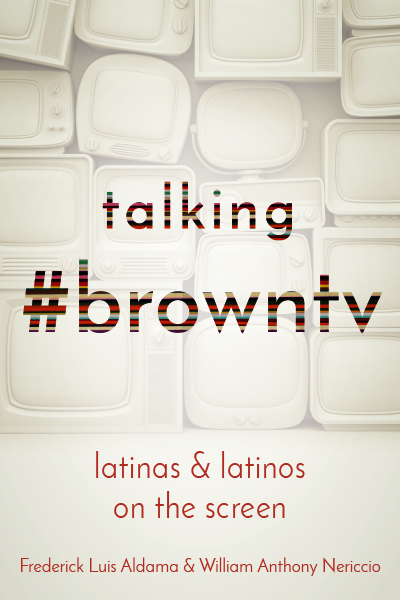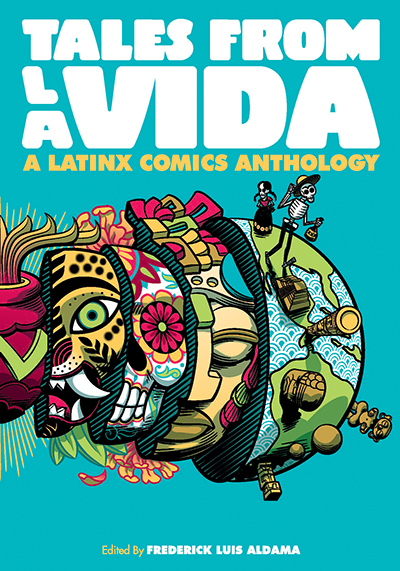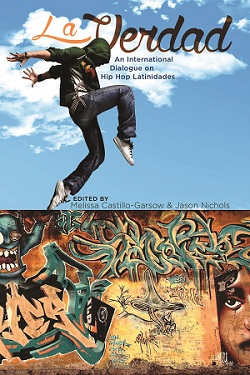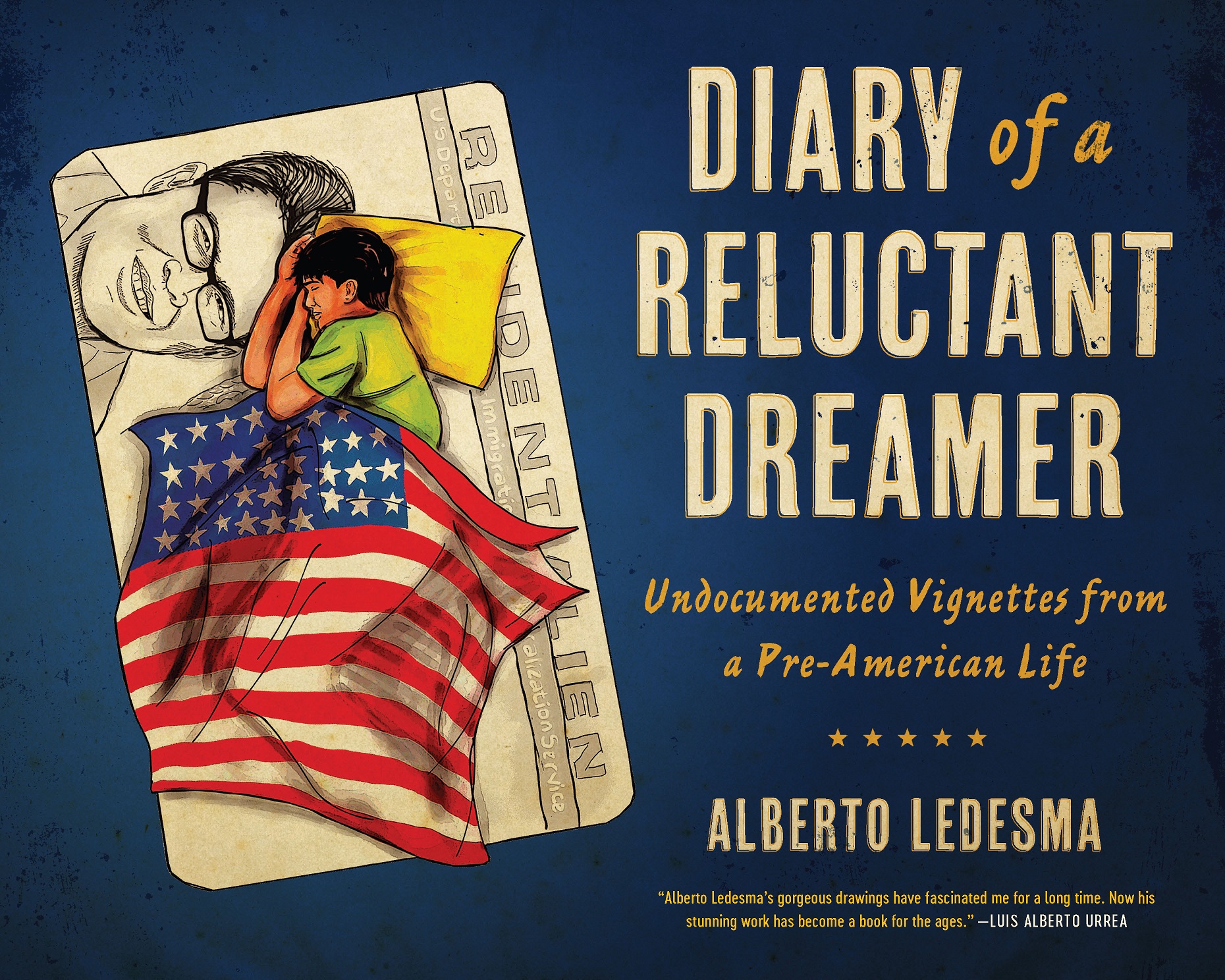“Written in a pithy, colloquial style, the book engages the reader as an ally in the quest for uplifting representations. … With its nuanced interpretations, attention to affect, and capaciousness with regard to the media analyzed, this is a welcome addition to the growing scholarship on Latinx representation in electronic and digital media.” —Catherine L. Benamou, Pacific Historical Review
“[A] deeply felt, wide-ranging, well-informed conversation.…Leaving few stones unturned, the authors cover art, music, history, politics, sociology, sexuality, and ethnology.…This will be a good supplementary resource for those studying diversity in the media (both traditional and social). Summing up: Recommended.”—D. A. Schmitt, CHOICE
“My Dinner with Andre, except with two sassy Solons waxing wise and wacky on Slowpoke Rodriguez, Superman as Mexico’s savior, and other highs and lows of Mexican muses in American pop culture. Nomás falta the Tapatio on this intellectual popcorn.” —Gustavo Arellano, author of Taco USA: How Mexican Food Conquered America
“From yesteryear’s phosphorescent cathode rays to today’s digital-device blue-light glows, Talking #browntv puts a critical lens on the entire history of televisual reconstructions of Latinxs. Aldama and Nericcio at once call out all those willfully ignorant—racist!—mainstreamings of Latinxs. And they celebrate constructions of a brown TV that affirm the multicolored mosaic that make up Latinx identities and experiences in the US. Talking #browntv wakes the world to the urgency for televisual media to willfully recreate the complexity and diversity of our Latinx communities.” —Aitana Vargas, award-winning journalist for the LA Times, BBC, and CNN Expansión
Like two friends sitting down in front of the television together, in Talking #browntv, Frederick Luis Aldama and William Anthony Nericcio dialogue about the representations of Latina/os in American television and film from the twentieth century to the present day. One part conversation, one part critique, one part visual cultural studies, and one part rant against the culture industry profiting off warped caricatures of Latina/o subjectivities, Aldama and Nericcio analyze the ways in which Latinx performers have been mediated—with varying degrees of complexity—on the American screen. A comprehensive review of the history of Mexicans, Mexican Americans, Hispanics, Chicana/os, Latina/os, and Latinx performers in television and film, Talking #browntv boldly interrogates one of the largest paradoxes in the history of American television: Why are there so few Latina/os on television, and why, when they do appear, are they so often narcos, maids, strumpets, tarts, flakes, and losers?
From the subversive critiques embedded in well-loved children’s characters like Speedy Gonzalez to the perpetuation of racial stereotypes in modern-era pornography, from Eva Longoria as ethnic mannequin to J-Lo flipping the sexy Latina music video on its head in “I Luh Ya Papi,” and with more than 150 full-color images, Aldama and Nericcio seek to expose the underlying causes as to why Latina/os constitute only 2 percent of mainstream cultural production when they’re the majority minority in the US. In a moment when anti-Mexican and anti-immigrant rhetoric oozes from TV sets and media platforms, Talking #browntv emerges as a bold antidote, an eloquent rejoinder, and a thoughtful meditation on Latina/os on the American screen and in America today.
Frederick Luis Aldama is Arts and Humanities Distinguished Professor and Director of LASER at The Ohio State University and the author, coauthor, or editor of more than thirty books, including Tales from La Vida: A Latinx Comics Anthology (Mad Creek Books, 2018).
William Anthony Nericcio is Professor and Director of MALAS at San Diego State University. He is the author of Tex[t]-Mex: Seductive Hallucinations of the “Mexican” in America.
Contents
Introduction From Black & White to Shades of Brown TV
Section I Toward a Theory of a Brown Televisual Imaginary
Section II Pinche Paradoxes
Section III Sombreros to Pistoleros
Section IV From Niños & Teens to Comidas
Section V Making of the Latinx Threat Imaginary
Coda The Brown Revolution Will Be Televised
Bibliography
Index





